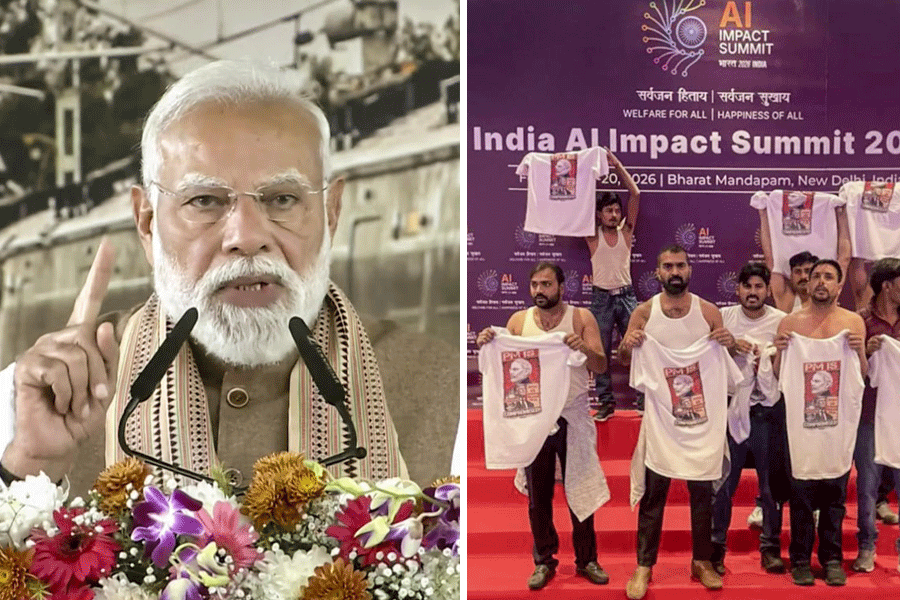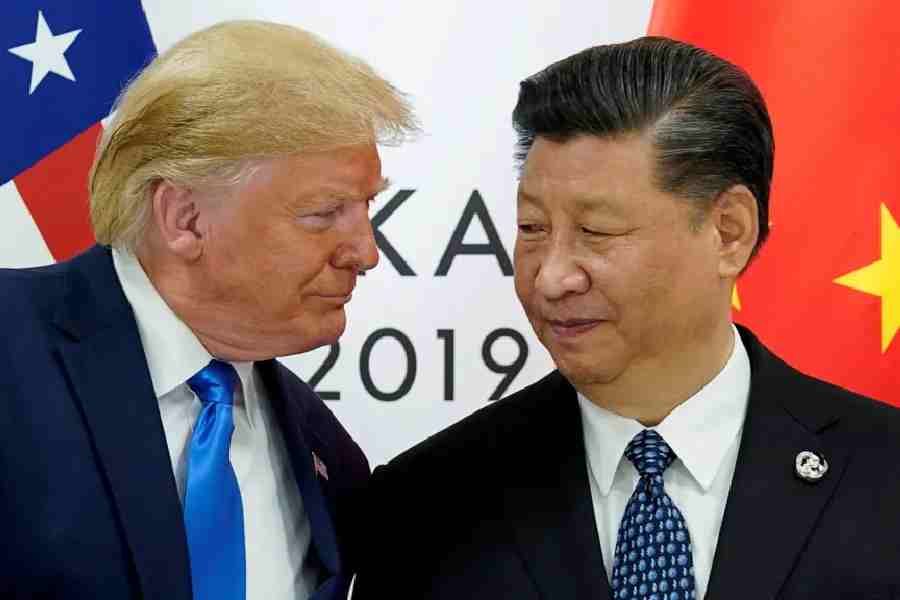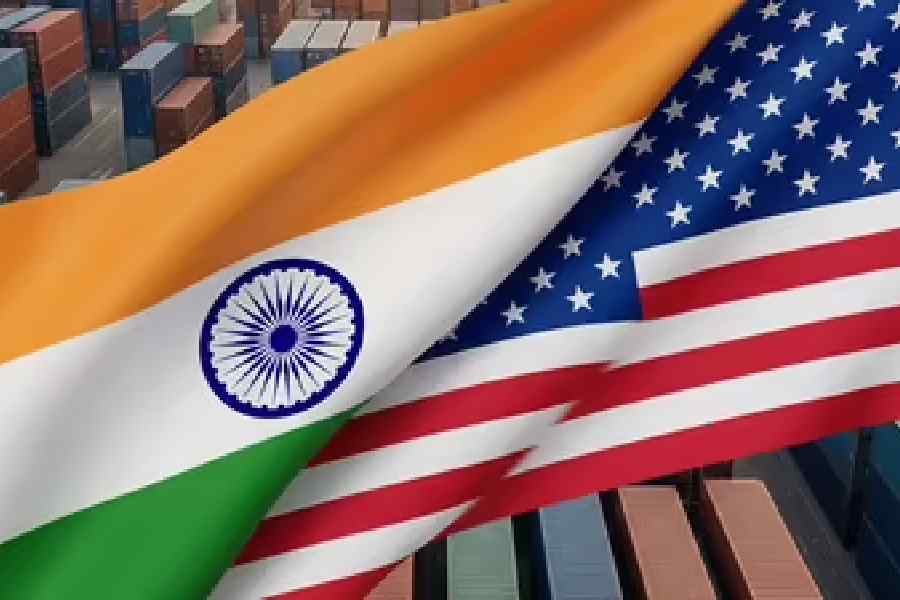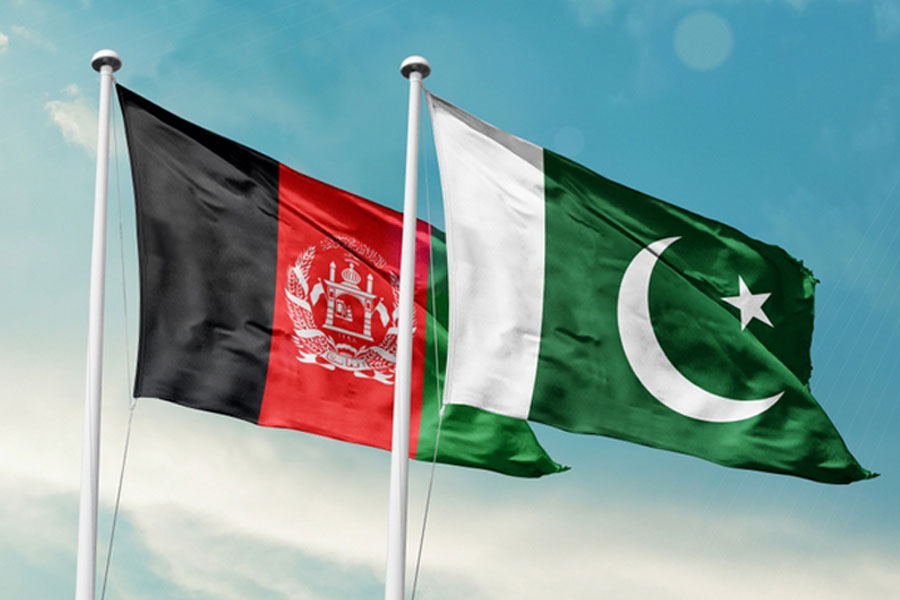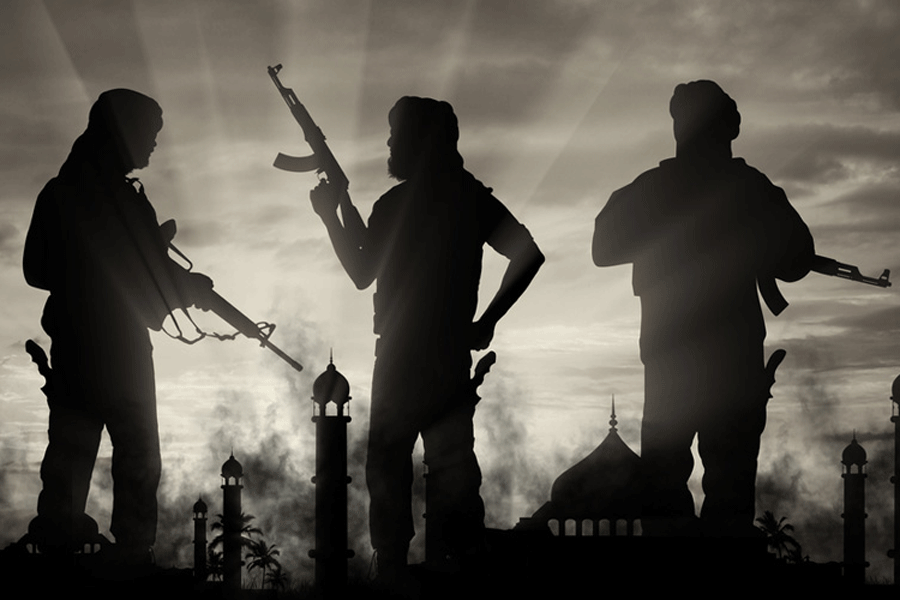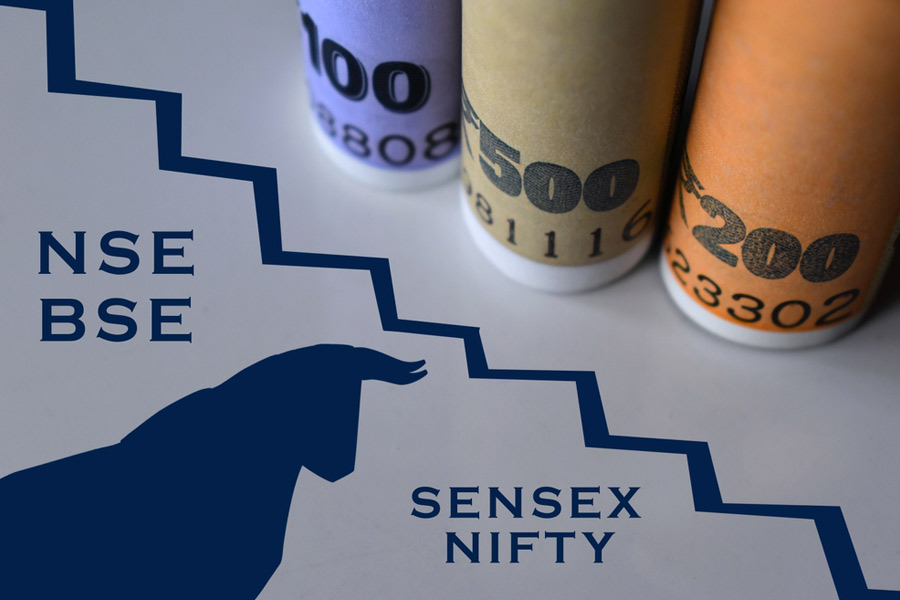
Calcutta: "Na mera baap politics mein, na mujhe koi military dictator ne pala hai, baiees saal lag gaye... Main apne bal pe..."
That was an emotional and aggressive Imran Khan Niazi on Friday, after becoming the Prime Minister-elect of Pakistan.
On Saturday, around 10.30 am local time, the country's only World Cup-winning captain (Younis Khan had been at the helm when the 2009 World T20 was won), got sworn-in in Islamabad.
Used to speaking extempore, Imran wasn't flawless during the oath-taking ceremony. Perhaps, it had something to do with remembering his mother, Shaukat Khanum, or possibly, getting overwhelmed by the sacrifices made.
After the mandatory briefings, Imran spent time with members of his World Cup-winning team and some others who'd shared the Pakistan dressing room with him.
Javed Miandad, Mudassar Nazar, Abdul Qadir, Ramiz Raja, Zakir Khan, Wasim Akram, Mushtaq Ahmed, Waqar Younis, Moin Khan, Inzamam-ul Haq... All were present.
Also present was cricketer-turned-politician Navjot Singh Sidhu. "I've come not as a politician (from India), but as a friend," he said in his endearing manner.
Sidhu and Imran were on-field rivals at one point in time. In more recent years, of course, Sidhu has grown to admire Imran -"Khan Saheb" - the politician.
Three weeks ago, in the general election, Imran's Pakistan Tehreek-e-Insaf smashed the two established political parties - Pakistan Muslim League-Nawaz of the Sharifs and the Pakistan People's Party of the Bhuttos.
Most in the world may have reacted with some surprise but, on E-Day itself, these columns featured an article by this Reporter headlined 'Time does appear to have come for Imran, the great believer in destiny'.
Imran's party didn't get an absolute majority, but was not too short of the required mark of 136 either. It had, after all, been a massive anti-Establishment vote.
While the party was founded in 1996, after the blast at the cancer facility set up in his mother's memory, in Lahore, Imran actually took the first steps soon after winning the World Cup.
At a felicitation, Nawaz Sharif (then the Prime Minister) invited Imran to join his party. He declined, clearly not wanting to be somebody else's man.
Sharif, who became such a bitter foe had, in fact, helped Imran in setting up the WHO-awarded facility. He was then Punjab's chief minister. Apparently, the Army pitched in as well.
"Imran, as you know, likes being his man. He commands, doesn't get commanded," the Birmingham-based Mushtaq Mohammed, one of Imran's captains, told The Telegraph.
Like millions in or hailing from our Western neighbour, Mushtaq has been delighted with the result of the general election and hopes Imran's Pakistan would be rid of corruption - "rishwat khori (which assumed huge proportions under Sharif)," as he put it.
Not that the party founded by Zulfikar Ali Bhutto had an enviable record when in power.
While Imran is the first Test cricketer anywhere to become Prime Minister, there have been instances of first-class players occupying that office. One being Sharif.
Sharif has one first-class appearance for Pakistan Railways, in the 1973-1974 season, against his name. He has been fairly crazy about cricket.
This Reporter recalls Sharif, as head of the provincial government, taking personal interest in the hosting of the 1987 World Cup matches in Punjab.
For all one knows, even from behind bars, Sharif may still be tracking cricket across the globe. Imran, however, would no longer figure in his all-time favourites' list!
Postscript: Arjuna Ranatunga, the 1996 World Cup-winning captain, also aspires to be Prime Minister. He has been a minister in Sri Lanka for years.


